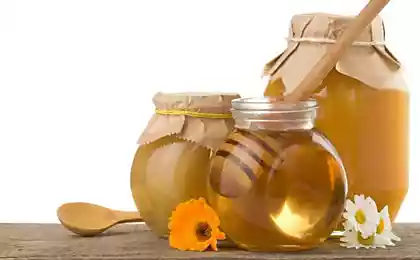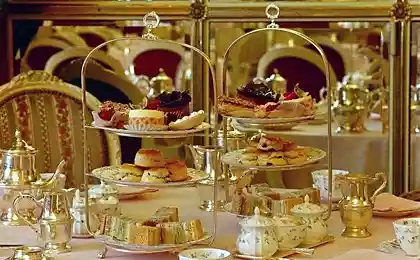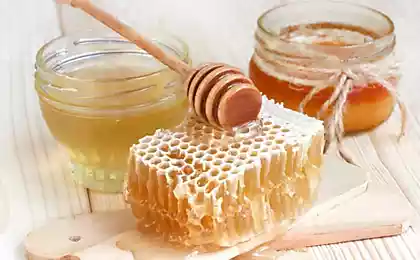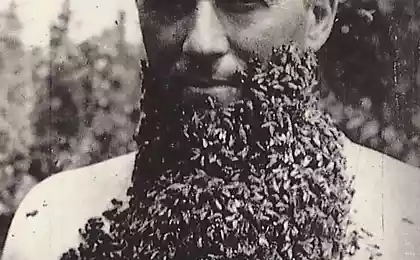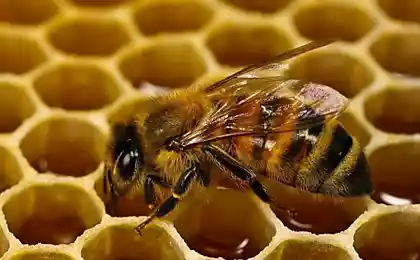470
Important facts about honey that you need to know if you are attending the fair of honey
Honey is not only delicious, but incredibly useful product. And buy should pay attention to some details that will help you to choose the best quality honey. The website offers the reader some useful facts about honey that will definitely come in handy if you decide to buy it at the fair.
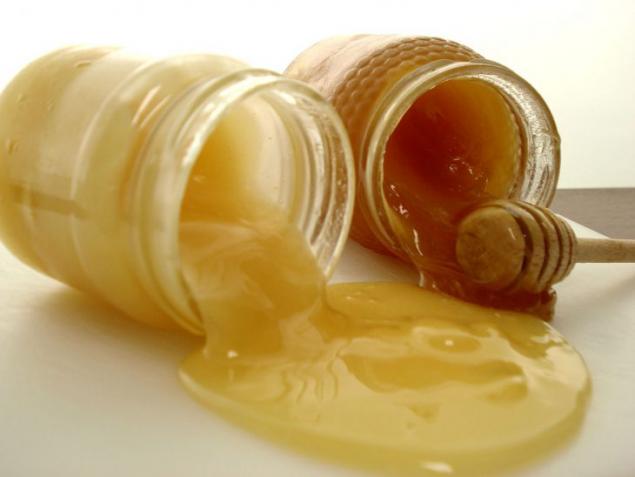
WikipediaЦвет honey Shade of natural honey can be in a range of colours from pale yellow to dark brown. Another color, such as white, green or pink, says that the honey was added the dye.
Plants from which to collect honey In the recent times, you can see varieties of honey that were allegedly collected by bees from roses, Larkspur, or trees. But these plants are not honey! Natural honey is obtained only in some varieties of willows, Apple trees, pears, cherries, yellow and white acacia, and wild flowers.
Wild honey If the seller tells you that the honey collected by wild bees, he's lying. Actually bees are not at all hand-insects. And what honey called wild, only says that the seller has destroyed several hives made by the bees, and have collected them from his apiary. Gather and squeeze this honey with their bare hands, which is very unhygienic.
Honey with fallopian milk or drone Many sellers claim that the addition of Royal jelly in honey enhances its healing properties. But it's not. If natural honey add drone or Royal jelly, it will give honey an acidic taste and lose its beneficial and healing properties.
Liquid honey If the honey you buy in the winter, then pay attention to its consistency. Any med, especially floral, kristallizuetsya for the winter, even if it was stored within. Therefore, the liquid consistency of honey suggests that it has warmed up and is facing the loss of its beneficial properties.
Pine honey trees and pine Trees are honey plants, so bees do not collect nectar. The only type of honey that is relevant to coniferous trees, is honeydew honey, which is obtained from paddy or medlennoi dew serving on the needles of Christmas trees. This honey is in any case should not have a pine scent or taste of the resin.
via pikabu.ru/story/vzglyad_iznutri_na_yarmarki_myoda_4871982

WikipediaЦвет honey Shade of natural honey can be in a range of colours from pale yellow to dark brown. Another color, such as white, green or pink, says that the honey was added the dye.
Plants from which to collect honey In the recent times, you can see varieties of honey that were allegedly collected by bees from roses, Larkspur, or trees. But these plants are not honey! Natural honey is obtained only in some varieties of willows, Apple trees, pears, cherries, yellow and white acacia, and wild flowers.
Wild honey If the seller tells you that the honey collected by wild bees, he's lying. Actually bees are not at all hand-insects. And what honey called wild, only says that the seller has destroyed several hives made by the bees, and have collected them from his apiary. Gather and squeeze this honey with their bare hands, which is very unhygienic.
Honey with fallopian milk or drone Many sellers claim that the addition of Royal jelly in honey enhances its healing properties. But it's not. If natural honey add drone or Royal jelly, it will give honey an acidic taste and lose its beneficial and healing properties.
Liquid honey If the honey you buy in the winter, then pay attention to its consistency. Any med, especially floral, kristallizuetsya for the winter, even if it was stored within. Therefore, the liquid consistency of honey suggests that it has warmed up and is facing the loss of its beneficial properties.
Pine honey trees and pine Trees are honey plants, so bees do not collect nectar. The only type of honey that is relevant to coniferous trees, is honeydew honey, which is obtained from paddy or medlennoi dew serving on the needles of Christmas trees. This honey is in any case should not have a pine scent or taste of the resin.
via pikabu.ru/story/vzglyad_iznutri_na_yarmarki_myoda_4871982
Four myths about driverless cars
Shambhala, Chaman, fenugreek, Helba... Many names, and the benefits are undeniable!
